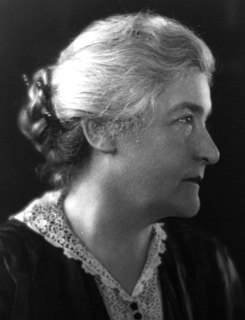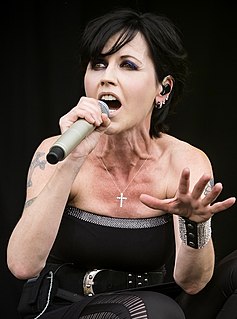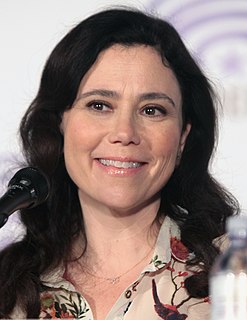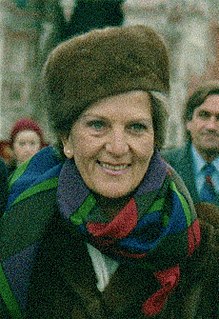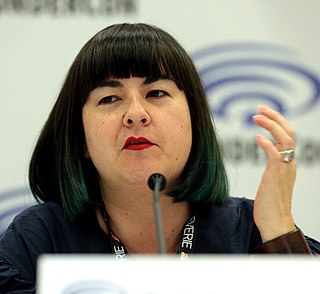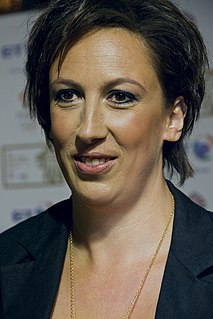A Quote by Frances McDormand
In comparison to other women in the world, perhaps I'm seen as smaller. But I've never had a problem thinking of myself as a large woman.
Related Quotes
Before I myself went to college I had never seen but one college woman. I had heard that such a woman was staying at the house of an acquaintance. I went to see her with fear. Even if she had appeared in hoofs and horns I was determined to go to college all the same. But it was a relief to find this Vassar graduate tall and handsome and dressed like other women.
I am in no position to judge other women, you know. But I mean, why did she get pregnant? It's not good for women to go through the procedure of abortion and have something living sucked out of their bodies. It belittles women. Even though some women say, 'Oh, I don't mind to have one,' every time a woman has an abortion, it just crushes her self-esteem smaller and smaller and smaller.
When I went back home, I was constantly being reminded, I'm an African woman, and so there are certain things I shouldn't do, certain ambitions that I should not entertain. That was a problem for me because I had never thought of myself as an African woman, never thought of myself as a woman to begin with. For me the limit was my capacity, my capability.
I think that women of my generation have had a real need to form networks and friendships because it's been, as they say, a man's world, and women have felt excluded and isolated to a large degree. When women get together in numbers their strength compounds and is seen and felt by themselves and others.
In the Western world, women have no other choice. In India, no. And I'll explain the reason. It's a reason that also has to do with my own case. In India women have never been a hostile competition with men - even in the most distant past, every time a woman emerged as a leader, perhaps as a queen, the people accepted her. As something normal and not exceptional.
I ask myself a lot how other women can be against the ideology that has to do with women empowering other women. Going along with the access of power and the status quo and forging a special position and the thought process that goes: I am not like those women. When it comes to things like assault, for example, perhaps it makes them feel safer. It's the denial: I'm okay. This won't happen to me. Acknowledging that the world is a profoundly unsafe for women is a scary thought.
I wake up every day super excited to be a woman! It's amazing. I wouldn't have it any other way. There's an incredible diversity of people writing comics right now. As a writer, there are a lot of parts that I was thinking about in terms of the specific experience of being a woman superhero and what that means - the kind of pressures that are on strong women, and how women are able to feel strong in a public world.
Women's lib, Frannie had decided, was nothing more nor less than an outgrowth of the technological society. Women were at the mercy of their bodies. They were smaller. They tended to be weaker. A man couldn't get with child, but a woman could---every four-year-old knows it. And a pregnant woman is a vulnerable human being. Civilization had provided an umbrella of sanity that both sexes could stand beneath.
People still think that a woman who doesn't have children or doesn't want children is really lacking in something. I've seen this over and over again in my life. I've had this thinking used against me repeatedly. I remember I had a therapist once, and I brought this up, and she said, "Well, I think women who don't have children feel very self-critical. They feel bad, so they think other people are critical in that way."

